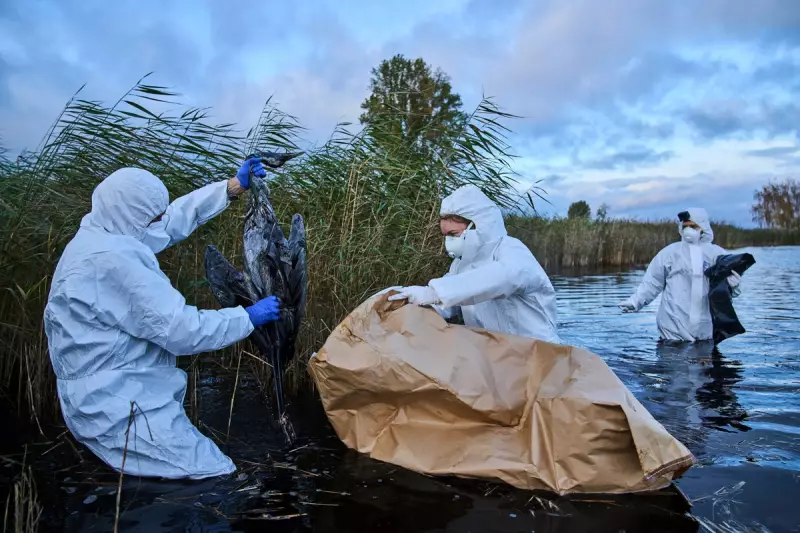
Germany has raised serious concerns about Russia's growing military footprint in the strategically vital Baltic Sea region, warning that Moscow's activities pose a direct challenge to European stability.
Escalating Military Presence
According to German security sources, Russia has significantly bolstered its forces in Kaliningrad, the Russian exclave sandwiched between NATO members Poland and Lithuania. The region has transformed into what analysts describe as one of Europe's most heavily militarised zones.
"We're witnessing a systematic militarisation that goes far beyond defensive purposes," a senior German official stated, speaking on condition of anonymity. "The Baltic Sea is becoming increasingly contested territory."
Critical Infrastructure at Risk
Of particular concern to European security officials is the vulnerability of underwater energy and communication cables. Recent incidents, including damage to the Balticconnector gas pipeline, have heightened anxieties about Russia's capability to disrupt essential infrastructure.
- Increased Russian naval patrols in international waters
- Expansion of missile systems in Kaliningrad
- Enhanced electronic warfare capabilities
- Growing threat to undersea cables and pipelines
NATO's Response
The alliance has responded by strengthening its eastern flank, with Germany playing a leading role in enhanced vigilance operations. Berlin has committed additional naval assets to Baltic Sea patrols and increased intelligence-sharing with regional partners.
"This isn't just about military posturing," explained a European security analyst. "Russia is testing NATO's resolve and probing for weaknesses in our collective defence architecture."
Regional Implications
The situation has particular significance for Nordic and Baltic states, many of whom have recently joined NATO or are considering membership. Sweden's impending NATO accession would fundamentally alter the Baltic security landscape, leaving Russia's Kaliningrad as the only non-NATO coastal territory.
German officials emphasise that while they seek to avoid escalation, they cannot ignore the strategic challenge posed by Russia's Baltic buildup. The coming months will be crucial in determining whether the region can maintain stability or faces increased tensions.





